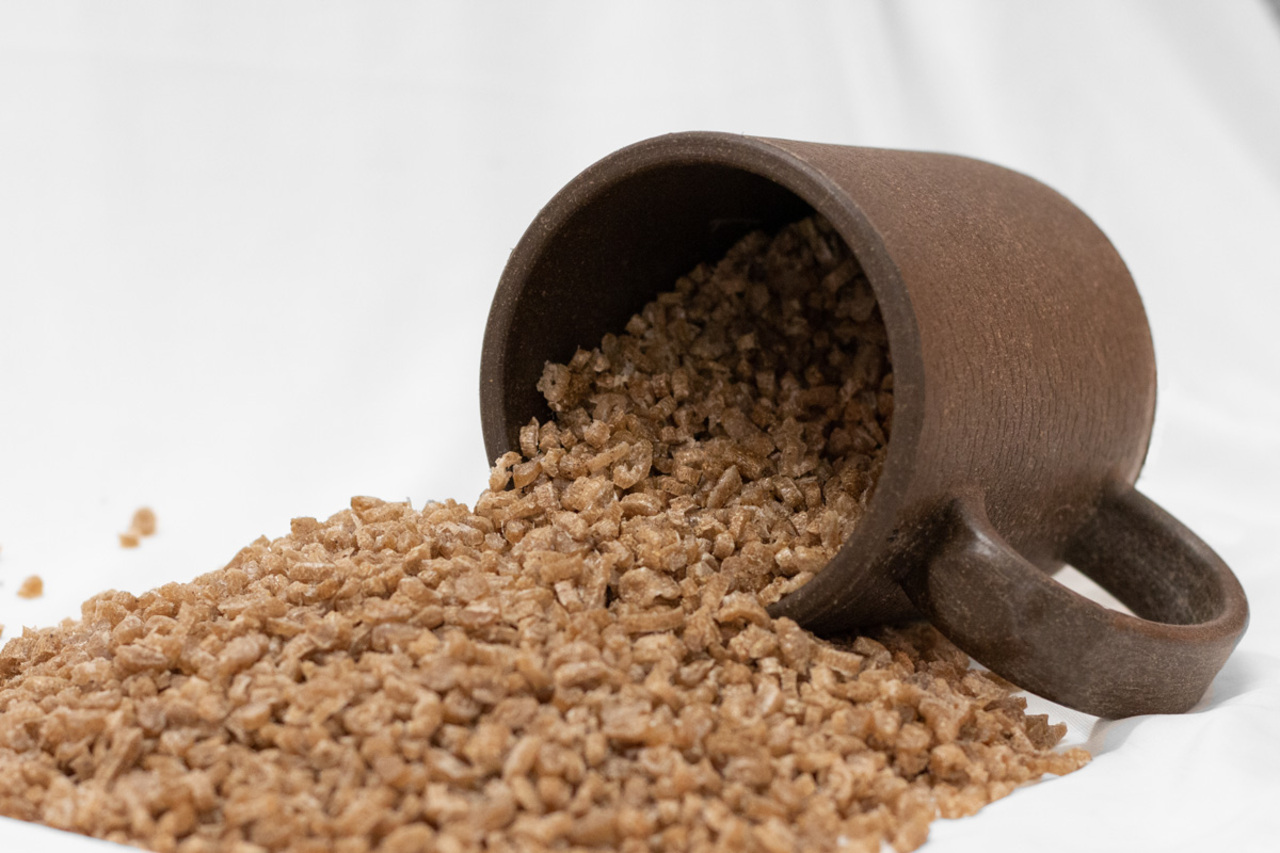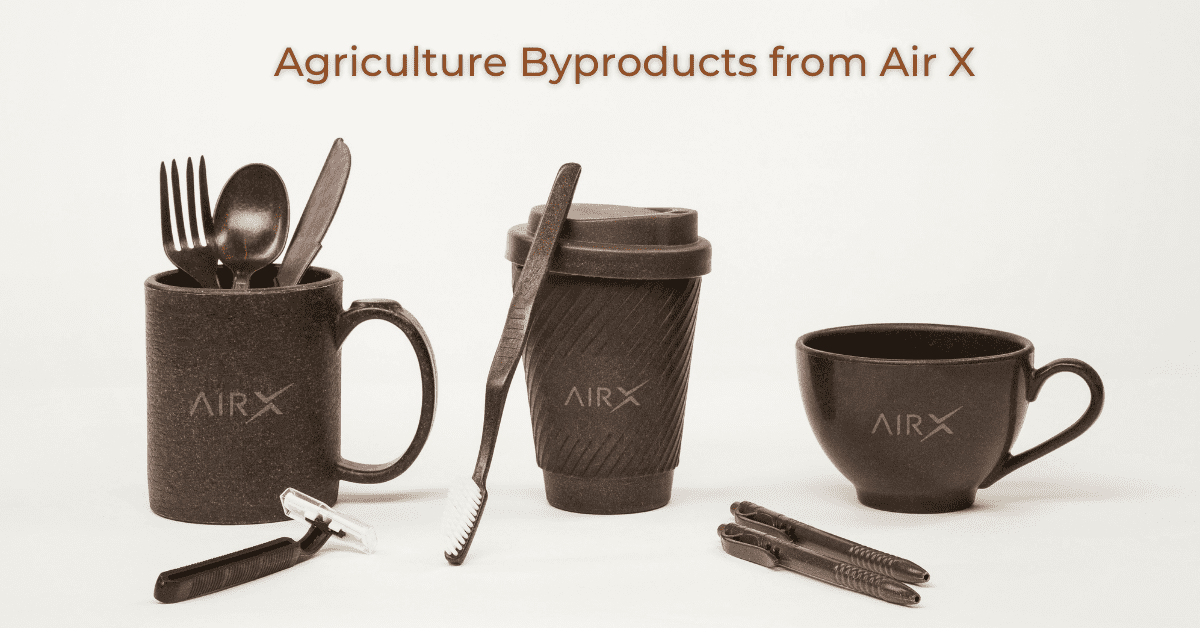Discover the Sustainable Advantages of Bio Compostable Plastic
Bio compostable plastic and their positive impact on environmental protection. These sustainable alternatives find use in packaging, single-use items, agriculture, healthcare, and consumer goods. By choosing bio compostable plastic, we can reduce non-biodegradable waste, minimize plastic pollution, and contribute to a more sustainable future. Learn how these innovative materials break down naturally, leaving behind water, carbon dioxide, and biomass.
1. What is Bio Compostable Plastic?
Bio compostable plastic, also known as biodegradable plastic, is a type of plastic material that has the ability to break down and decompose into natural elements, such as water, carbon dioxide, and biomass, through biological processes. It is designed to mimic the properties of traditional plastics while being more environmentally friendly.
Bio Compostable plastics are typically made from renewable resources such as corn starch, vegetable oils, or other plant-based materials. These materials undergo a manufacturing process to create plastic-like products that can be used for various applications, including packaging, utensils, bags, and other single-use items.
AirX crafted using plant-based polypropylene, a material that falls under the category of bio compostable plastic when subjected to industrial composting conditions. We believe that by using this material, the goals to achieve global net-zero targets will be more practical soon.
2. Bio Compostable Plastic Vs Biodegradable plastic
The key characteristic of Bio Compostable plastic is their ability to degrade naturally within a specific timeframe, typically under controlled composting conditions. This process involves exposure to heat, moisture, and microorganisms that break down the plastic into simpler organic compounds. The resulting compost can then be used as a nutrient-rich soil amendment for plants.
Bio compostable plastics require specific composting conditions to properly break down. If these conditions are not met, such as disposing of them in a landfill or tossing them as litter, they may not decompose as intended. Therefore, proper disposal and composting infrastructure are crucial for realizing the environmental benefits of Bio Compostable plastic.
It's also worth mentioning that the term "biodegradable" can be used more broadly to describe materials that can break down over time, including both petroleum-based plastics with additives that promote degradation and plastics derived from renewable resources. However, not all biodegradable plastics are bio compostable, as the latter requires specific composting conditions for complete breakdown.

To conclude this section, the key distinction between bio compostable plastic and biodegradable plastic lies in their behavior under composting conditions. Compostable plastics biodegrade specifically within composting environments, while other plastics degrade in soil environments such as landfills or anaerobic digesters.
3. Practical applications of Bio Compostable Plastic
Bio Compostable plastic have several applications that can contribute to environmental protection. These are some examples
Packaging
Bio compostable plastic can be used for various packaging applications, including bags, films, containers, and more. Bio compostable packaging materials break down naturally into water, carbon dioxide, and biomass, minimizing pollution and contributing to a healthier planet. Embracing bio compostable plastic in packaging helps protect the environment by reducing plastic waste and promoting a more sustainable future.
Single-use items
Items such as utensils, cups, plates, and straws can be made from bio compostable plastic reducing the reliance on non-biodegradable plastics. Similar to packing, these materials have the ability to break down naturally into water, carbon dioxide, and biomass, minimizing pollution and helping to protect our ecosystems. 
Agriculture
Bio compostable plastic have found valuable applications in the agricultural sector, offering effective solutions for various purposes. Mulching films, seedling trays, and other agricultural products can be made from bio compostable materials. These plastics serve multiple benefits in farming practices. They can help suppress weed growth, conserve moisture in the soil, and regulate soil temperature.
When these bio compostable plastic are no longer needed, they can be left in the field to naturally degrade, eliminating the need for their removal. As they break down, they contribute to the organic matter in the soil, enriching its nutrient content. This reduces waste and minimizes the environmental impact associated with traditional plastics used in agriculture.
Medical and Health care
Bio compostable plastic offers significant advantages in the medical and healthcare industry, providing sustainable alternatives to traditional plastics. These materials can be utilized in various medical applications, including surgical gloves, syringes, and medical packaging.
Proper disposal through composting ensures that bio compostable medical items can be transformed into nutrient-rich compost instead of contributing to pollution. It is a crucial step towards more responsible practices in the healthcare industry.
Consumer goods
Bio compostable plastic can be utilized in a wide range of products, including disposable cutlery, food containers, personal care items, and more. Choosing bio compostable plastic consumer goods helps to reduce plastic waste and pollution, as these products can be composted and transformed into valuable organic matter. It promotes a circular economy by closing the loop on the lifecycle of these goods and minimizing resource consumption. 
AirX, the world’s first carbon-negative bio-material made from agriculture byproducts manufacturer, is a prestigious bio-based plastics manufacturer that has been leading the way in producing sustainable and eco-friendly products.
Learn more: Circular Economy Strategies: A Win-Win for Business and the Environment
4. Verification Standards of Bio compostable plastic
The standard used to test and measure the compostability of plastics is typically governed by internationally recognized standards, such as ASTM D6400 (American Society for Testing and Materials) or EN 13432 (European standard).
These standards outline specific criteria and testing methods to determine the compostability of plastics. The tests typically evaluate parameters such as biodegradability, disintegration, and ecotoxicity.
- Biodegradability: This test measures the extent to which a plastic material can be broken down by microorganisms present in composting conditions. It determines the percentage of the material that biodegrades within a specified time frame, usually 180 days.
- Disintegration: This test assesses the physical breakdown of the plastic material. It measures the fragmentation and reduction in size of the material during composting.
- Ecotoxicity: This test evaluates the potential negative effects of the plastic material or its degradation products on plant growth and the overall composting process. It ensures that the compost derived from the plastic material is safe for use as a soil amendment.
These testing standards provide guidelines and specifications that enable manufacturers, regulators, and consumers to determine the compostability and environmental impact of plastic products. It ensures that plastics labeled as compostable meet specific criteria and can be effectively processed in industrial composting facilities.
5. Contact us
AirX Coffee, the world’s first carbon negative bio-materials made from coffee grounds manufacturer, is a leading company specializing in the production of bio composite from recycled carbohydrates derived waste, including coffee grounds, coconut husk, husk, and bamboo. We are dedicated to promoting sustainability through the use of eco-friendly materials in their manufacturing process.
We are always here to help and provide the best service possible. If you have any questions or would like to receive advice and feedback directly from our sales staff, please do not hesitate to contact us. You can reach us through:
Whatsapp:+84 969 742 950
Email:[email protected]
We look forward to hearing from you!

